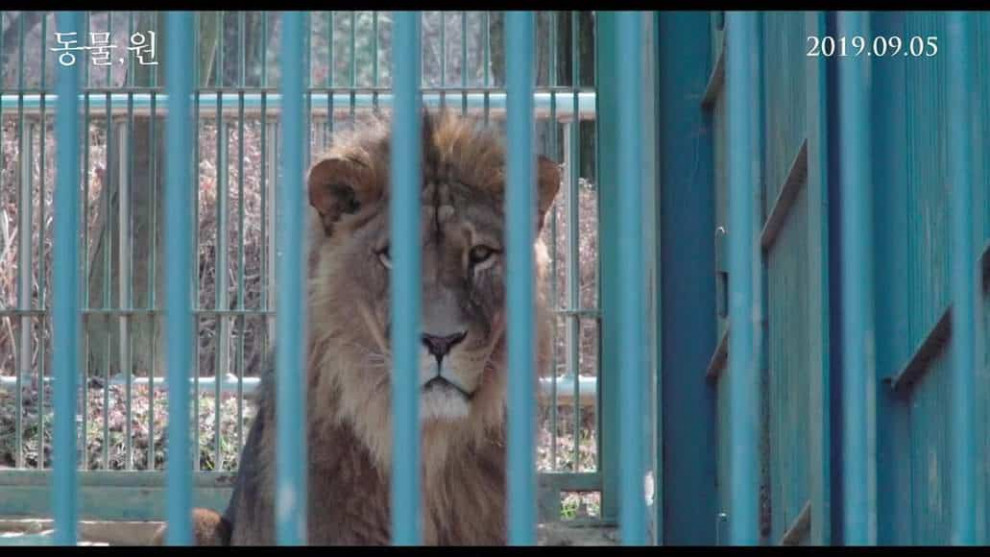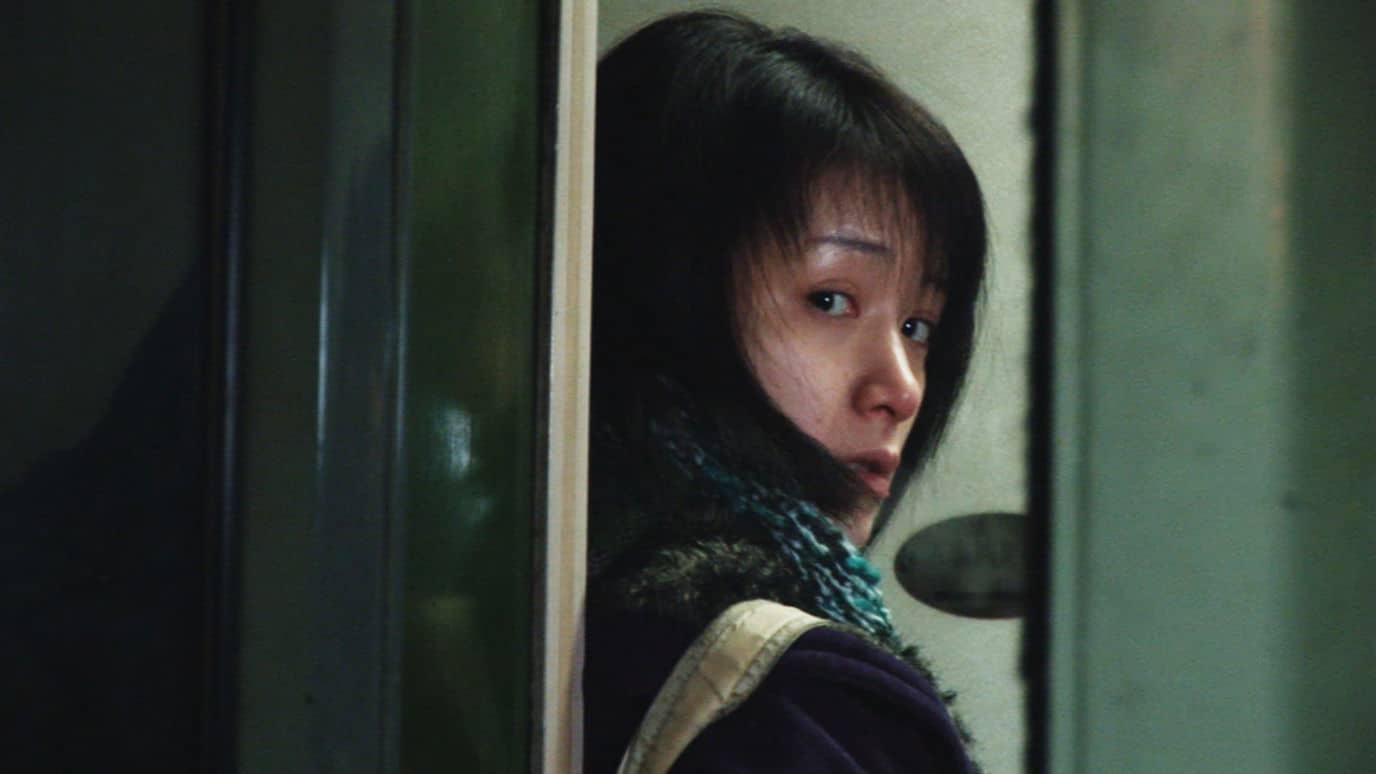As we venture deeper into the 21st century, the consequences of our treatment of our planet will become more and more apparent to us. Whereas facing the consequences of climate change, deforestation and the pollution of the oceans remains at times hidden behind economical interests and political agenda, the metaphorical clock is still ticking and we can all hear it, even though we might want to cover our ears. Besides the consequences mentioned the number of animal species becoming extinct grows with each passing year, some of which we perhaps only remember via images in textbooks or the last few of them counting their days in zoos.
“Garden, Zoological” is screening at Florence Korea Film Festival 2020

For his debut feature “Garden, Zoological” Korean director Min-cheol Wang decided for the story Cheongju Zoo, its employees and, of course, the animals still living there. Even without directly touching upon any of the aforementioned topics, they are there in the various interviews with caretakers and vets explaining their daily routine, various treatments of animals and their general thoughts about their job. Apart from being a documentary about these issues, Wand and his team also shed some light into processes of animal rehabilitation meant to artificially get some of the animals used to the ways of nature again, in animals shelters.
With regards to structure, Wang's film focuses on the routines, procedures and interviews of the various people he shows during their film. Very little is shown about the visitors of the zoo, the public shows or feedings times of animals, but rather the work of those unseen by those walking from cage to cage. Through repeated insight into their thoughts and work, Wang aims to break that perspective of his audience, emphasizing the contradiction already hinted in the title of the movie, which is the opposition of nature and domestication.
Time and time again, we come to realize the most obvious, yet quite unnerving fact that the animal behind bars, thick glass or nets is not only the most significant image of the film, but a rather fitting symbol for mankind's drive to tame and shape nature. The collaboration with the Ex-Situ Conservation Site and the zoo which is the foundation to “re-naturalize” the animals, if indeed such a thing is possible, feels like an attempt to right a wrong which is perhaps irredeemably final. Although the various vets and employees of the zoo interviewed in the film undoubtedly do their best to take care of the animals, there is always a hint of regret in their statements, for example, when one of them remarks on how a specific eagle cannot be found in Korea's nature anymore.
In the end, “Garden, Zoological” is a quiet, thoughtful documentary about mankind's drive to domesticate nature, how we have shaped what was once wild and perhaps how we have forever changed the earth's surface. “We consume animals”, as stated by one of the interviewed vets becomes not only a fitting description of the film's message, but also a rather dark prediction.















